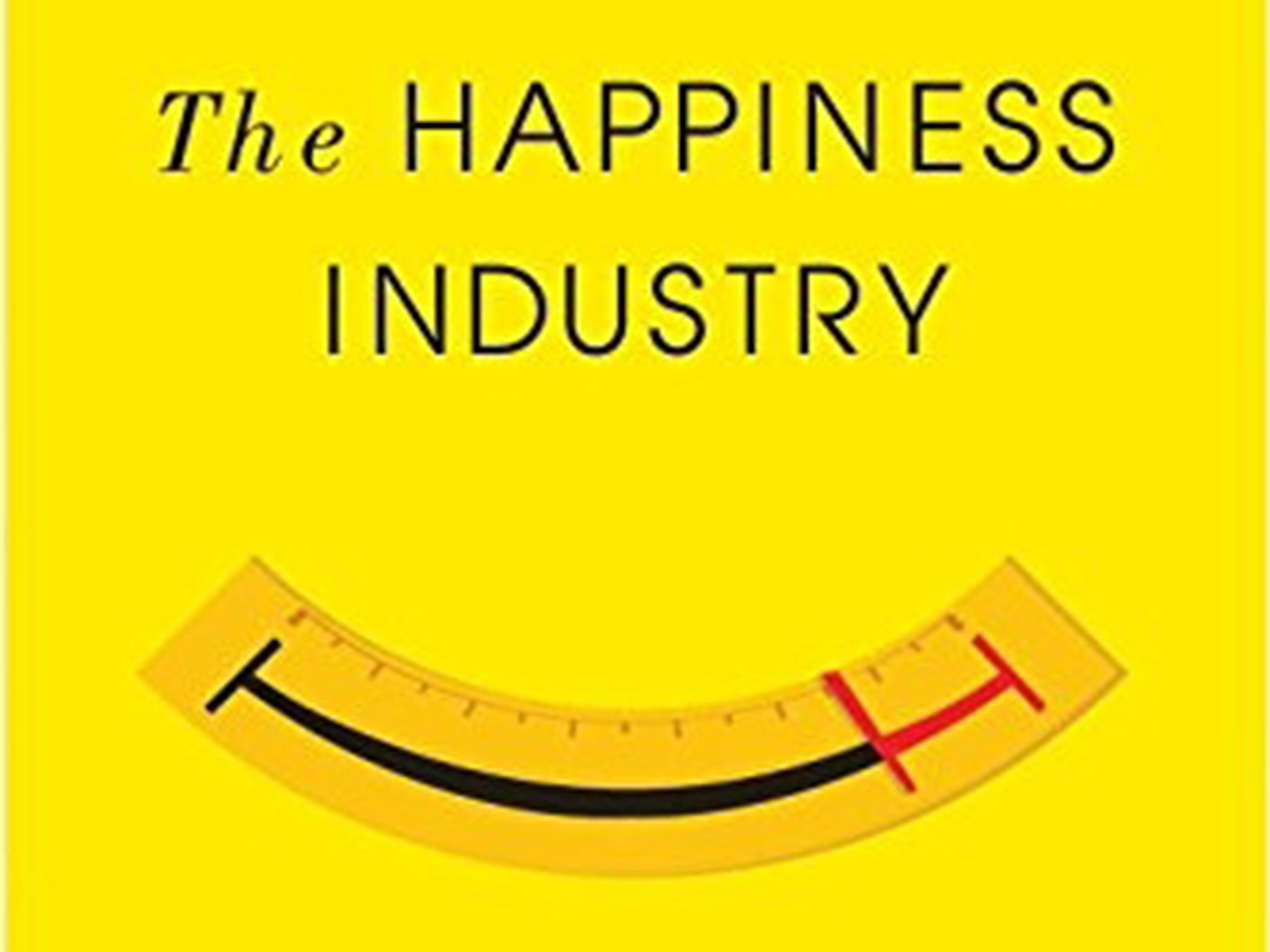Book review: The Happiness Industry: How Government and Big Business Sold us Well-Being by William Davies
In his impeccably researched book, Davies traces the history of the happiness industry back to the work of the utilitarian Jeremy Bentham

Social media offer a platform for us to acknowledge our changing moods and encourage an unnatural obsession with how our wellbeing and happiness affect our working lives. Today, we can buy gadgets and apps that measure our sleep or assess the benefits of our physical activities. Self-help books about how to be happy proliferate and ensure that we remain fixated on the subject. There are even organisations which use cameras to track our smiles. Rather more worryingly, this technology and knowledge is being harnessed by corporations, policy makers and governments. According to William Davies, the science of happiness “has now penetrated the citadel of global economic management … the future of successful capitalism depends on our ability to combat stress, misery and illness and put relaxation, happiness and wellness in their place”.
In his impeccably researched book, Davies traces the history of the happiness industry back to the work of the utilitarian Jeremy Bentham, a British philosopher and social reformer who believed human actions should promote happiness for the greatest number. Davies also examines the work of Gustav Fechner, a theologian and physicist who founded psychophysics; the economist William Stanley Jevons; the physiologist and philosopher Wilhelm Wundt; and the animal psychologist John B Watson. He illustrates how these disciplines overlapped and how happiness studies became entangled “with economic and medical expertise”.
His main criticism of “the science of well-being” is that it encourages us to blame ourselves while ignoring political and economic contexts and while those in power exploit the science for “private profit” or “social control”. As Davies says, “unhappiness and depression are concentrated in highly unequal societies with strongly materialist, competitive values”. But the solutions offered, he argues, further isolate the poor.
It’s an erudite study but because Davies covers so much The Happiness Industry can be difficult to unpack. Davies concludes that only through “understanding the strains and pains that work, hierarchy, financial pressures and inequality place upon human well-being” can we challenge them. Rather than allow our emotions to be bought and sold, we must stop focusing on our inner lives and look “outwards upon the world”.
Join our commenting forum
Join thought-provoking conversations, follow other Independent readers and see their replies
Comments